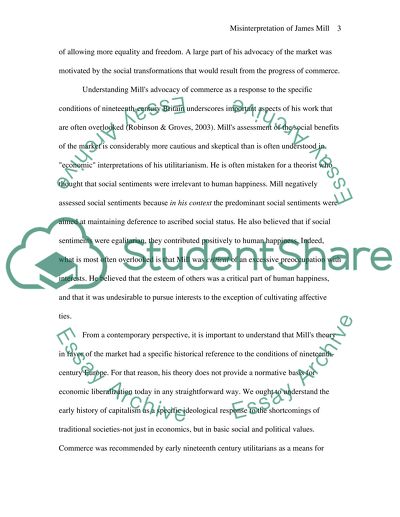Cite this document
(“James Mill Research Paper Example | Topics and Well Written Essays - 3000 words”, n.d.)
Retrieved from https://studentshare.org/politics/1427895-a-historical-survey-of-a-particular-economic
Retrieved from https://studentshare.org/politics/1427895-a-historical-survey-of-a-particular-economic
(James Mill Research Paper Example | Topics and Well Written Essays - 3000 Words)
https://studentshare.org/politics/1427895-a-historical-survey-of-a-particular-economic.
https://studentshare.org/politics/1427895-a-historical-survey-of-a-particular-economic.
“James Mill Research Paper Example | Topics and Well Written Essays - 3000 Words”, n.d. https://studentshare.org/politics/1427895-a-historical-survey-of-a-particular-economic.


